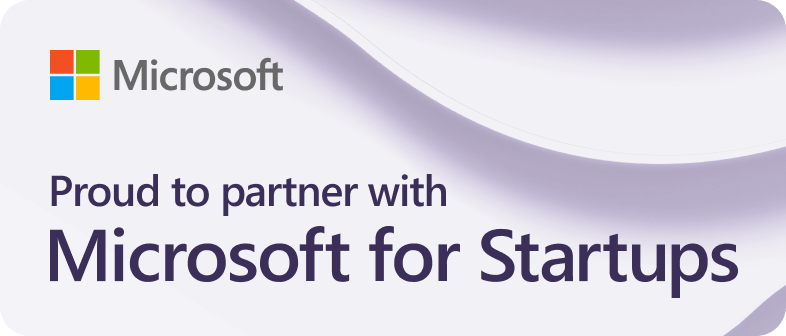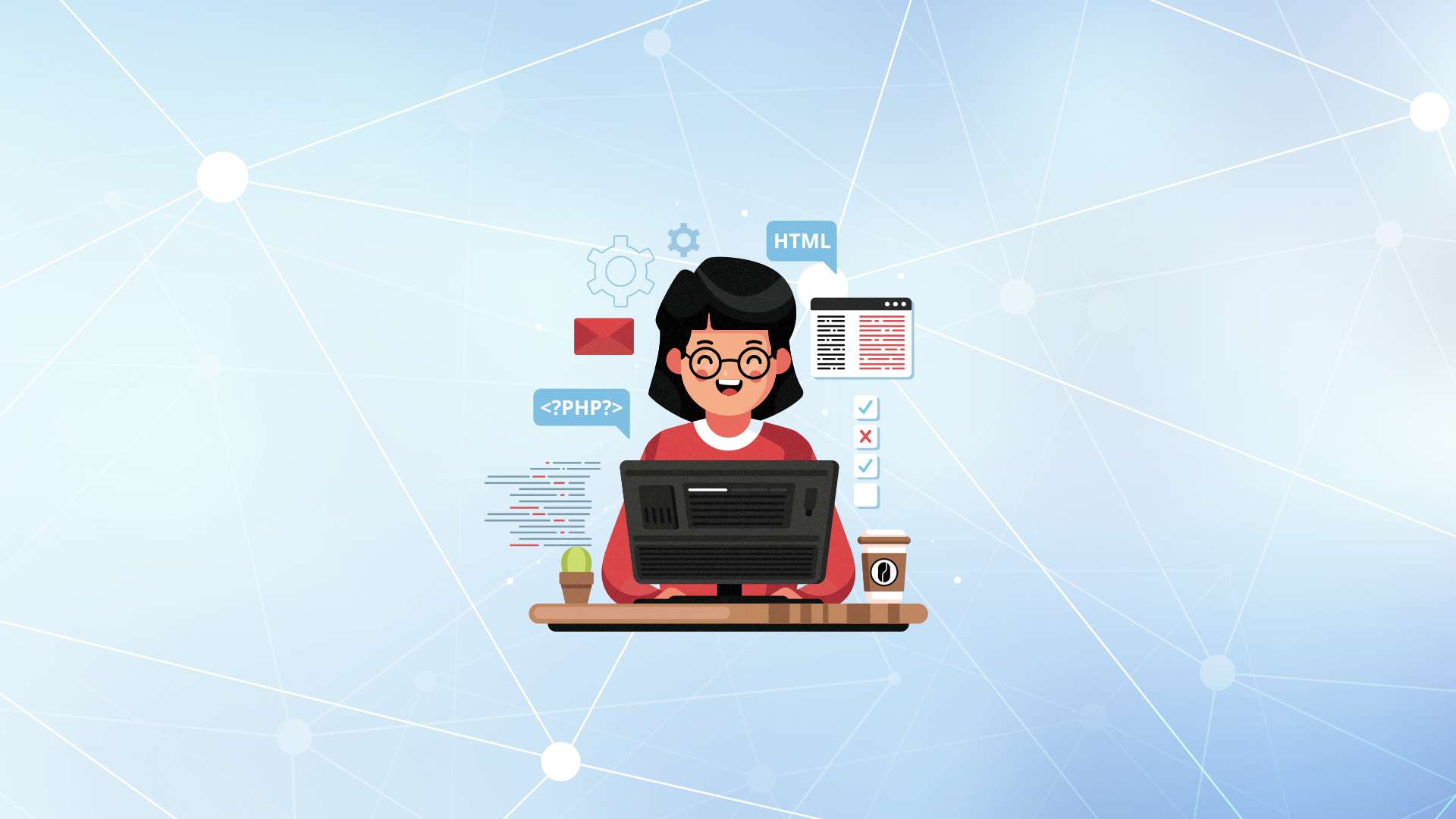
Tips to start programming
(9 minutes read) Programming has become an increasingly relevant skill these days. With the rapid advancement of technology and the growing dependence on computer systems in many areas, the ability to program has become a competitive advantage in the job market. If you're interested in learning to code but don't know where to start, this article will provide 10 steps to help you get started on your programming journey. 10 STEPS TO START PROGRAMMING Programming is an increasingly sought-after skill that can open a wide range of career opportunities. However, starting to program can seem daunting. The good news is that with the right approach and mindset, anyone can learn to code. Here are 10 steps to get you started on your programming journey. 1 - Define your goal Before you start programming, it's important to define your goal. Do you want to create a website? Develop a mobile app? Learn about artificial intelligence? By having a clear goal in mind, you can focus on learning the relevant programming languages and skills to reach your goals. Be specific when setting your goal. For example, if you want to create a website, determine whether it is a static or an interactive website. If you want to develop a mobile app, decide whether it's for iOS, Android, or both. This clarity will help direct your learning efforts and prevent you from getting scattered in multiple directions. 2 - Choose a programming language There are many programming languages available, each with its specific characteristics and uses. Some popular languages include Python, Java, JavaScript and C++. Research the most used languages in your field of interest and choose one to start with. It's important to remember that learning a programming language is an ongoing process and you can learn others in the future. When selecting a language, consider factors such as ease of learning, developer community, and demand in the job market. Python, for example, is known for its simplicity and versatility, while JavaScript is widely used for web development. Choose a language that aligns with your goals and interests. 3 - Familiarize yourself with the basics of programming Before diving into coding, it's critical to understand the basics of programming. These concepts are fundamental and apply to all programming languages. Some of the essential concepts include: - Variables: are storage spaces for data that can be manipulated and used in a program. - Control structures: allow controlling the flow of execution of a program, including loops (repetitions) and conditionals (decisions). - Data structures: are ways of organizing and storing data, such as lists, arrays, and dictionaries. There are many online resources, tutorials, and courses that can help you learn these basics. Take time to understand them before proceeding. 4 - Learn through tutorials and online courses Now that you understand the basic concepts, it's time to start learning your chosen programming language. There are numerous options for free online tutorials and courses that can help you learn to code. There are many platforms that offer introductory courses for beginners. These resources are great for gaining hands-on knowledge and tracking progress as you progress through learning. Tutorials and walkthroughs are useful for building your programming knowledge base. They provide practical examples and exercises to consolidate what you've learned. Online courses, on the other hand, offer a more structured approach, with expert instructors guiding you through the learning process. 5 - Practice with exercises and projects Practice is essential to hone your programming skills. As you progress through tutorials and courses, practice what you've learned with exercises and small projects. This will help you consolidate your knowledge and gain confidence in coding. Look for challenges and programming problems online. The beecrowd platform has a variety of exercises for you to solve. Our YouTube channel has several videos with tutorials on how to solve the exercises as well. Also, try to apply what you've learned to personal projects. Build a simple website, create a program that solves a specific problem, or develop a basic game. Constant practice is key to honing your skills and becoming a better programmer. 6 - Participate in online communities and forums Joining online programming communities can be extremely beneficial for beginners. There are forums where you can ask questions and get answers from experienced developers. Also, join groups on Facebook, Reddit or Discord where you can share your achievements, ask questions, and receive constructive feedback. Interacting with other programmers will allow you to learn from their experiences and challenges. Plus, you'll have the opportunity to engage in relevant discussions, stay current on industry trends, and even find potential mentors. 7 - Collaborate on open-source projects A great way to gain experience and build your portfolio is to contribute to open-source projects. There are many projects that are open to community contributions. This will allow you to work in a team, learn from other developers and showcase your work to potential employers in the future. Start by finding open-source projects that align with your interests and skills. Check the repositories on GitHub and explore open tasks. Start with small contributions like bug fixes or documentation improvements. As you gain confidence and experience, you can take on more complex tasks. This teamwork and collaboration experience will help you grow as a programmer. 8 - Keep up to date Programming is an ever-evolving field, with new technologies and languages emerging regularly. It is essential to keep up to date with trends and news in the sector. Read blogs, follow influential developers on social media, and attend programming-related conferences and meetups. Subscribe to specialized newsletters and follow technology news sites and magazines. Be aware of emerging programming languages, popular frameworks, and new approaches to software development. Also, take the time to explore updates and improvements to the programming languages you are learning. Staying current will help you stay relevant and competitive in the job market. 9 - Build a network of contacts Connecting with other programmers is a valuable way to learn and advance your career. Attending networking events, be active in online communities, and participate in hackathons. These interactions can lead to job opportunities, project partnerships, and mentors that will help you on your coding journey. Join local or virtual study groups. This will allow you to meet other people who are also learning to code. Also, participating in hackathons is a great way to put your skills to work, work in a team, and meet other developers. 10 - Never stop learning Programming is a field that requires continuous learning. Keep exploring new languages, frameworks, and concepts as you gain experience. Be willing to face challenges and don't be afraid to make mistakes, as they are part of the learning process. In addition to learning new technologies, it is also important to improve your problem-solving skills, algorithm design and good programming practices. Take advanced courses, participate in coding challenges, and be open to learning from mistakes. Continuous learning will allow you to adapt to industry changes and achieve a high level of programming proficiency. CONCLUSION Starting to code may seem daunting at first, but following these 10 steps will help you start your programming journey in a structured and efficient way. Remember to define your goals, choose a programming language, learn the basics, practice, get involved in communities, contribute to projects, stay current, build a network, and never stop learning. With dedication and perseverance, you can become a skilled programmer and open doors to a future full of opportunities. And there? What do you think of our content? Be sure to follow us on social media to stay up to date!
Share this article on your social networks:
Rate this article:
Other articles you might be interested in reading
- All (185)
- Career (38)
- Competitions (6)
- Design (7)
- Development (112)
- Diversity and Inclusion (3)
- Events (3)
- History (15)
- Industries (6)
- Innovation (38)
- Leadership (8)
- Projects (23)
- Well being (18)

Cloud Computing and Digital Transformation and Social Impact
(5 minutes of reading)
In recent years, we have witnessed a quiet revolution that is fundamentally reshaping the way we live and work. At the center of this transformation is cloud computing, a technological innovation that transcends physical limits and opens up new horizons of possibilities. This text will talk about this subject that is transforming the IT area. Come read!...
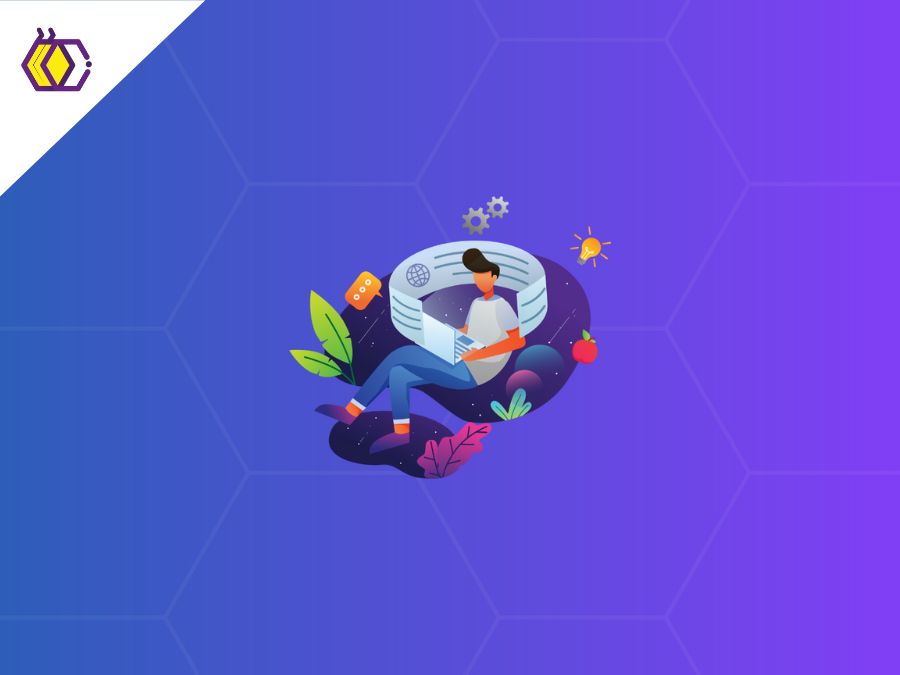
Tech in Education
(9 minutes of reading)
In the contemporary educational landscape, technology plays an increasingly crucial role, revolutionizing not only the way students learn, but also how educators teach. As we adapt to a digitally connected world, new trends are emerging that promise to further transform the way education is designed and delivered. Come read this text to learn about the latest trends in educational technology and explore their impact on student development and the evolution of teaching. Come with us!...
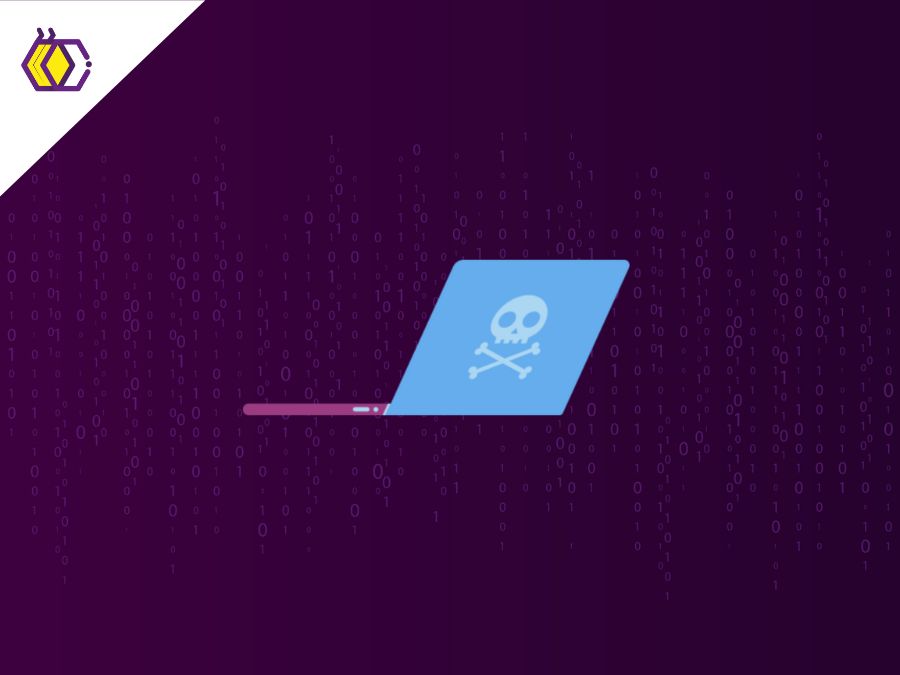
Ethical Software Development
(5 minutes of reading)
Developing software is a complex activity that goes far beyond simple coding. It involves a meticulous process of planning, design, implementation, testing and maintenance to create reliable, efficient, and secure systems. However, in addition to seeking functionality and performance, developers must also carefully consider the ethical aspects of the software they are creating. In this text we will talk about ethics and responsibility when developing software. Come read!...
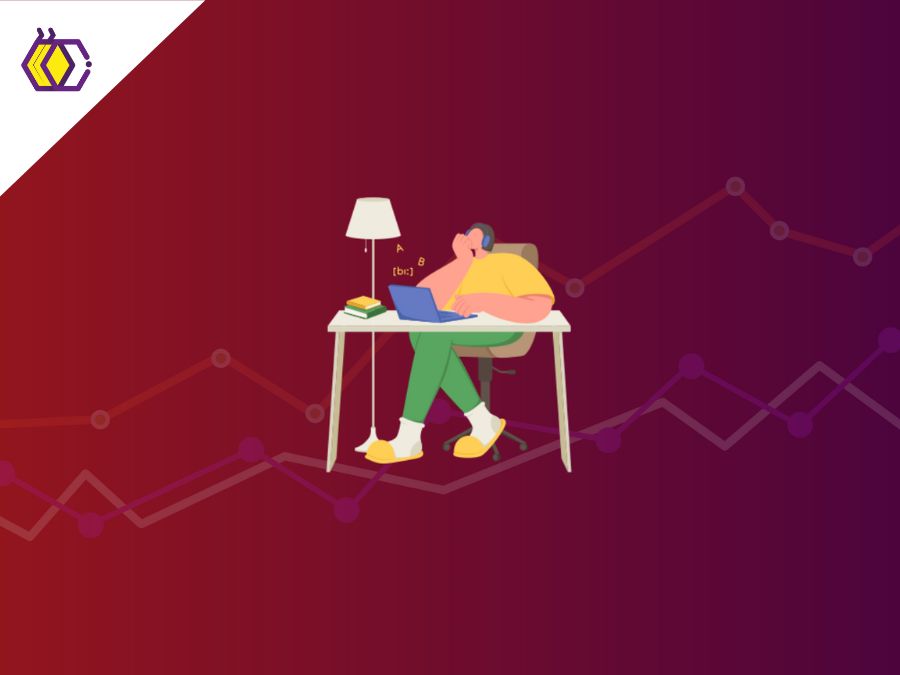
Balance Between Professional and Personal Growth
(6 minutes of reading)
In a world driven by the constant search for professional success, we often find ourselves immersed in our careers, forgetting the fundamental balance between professional and personal growth. As we dedicate hours to coding, solving problems, and advancing our technical skills, it's essential to remember that our journey as human beings go beyond the lines of code. Come read our text and see super cool tips on how to achieve this balance!...
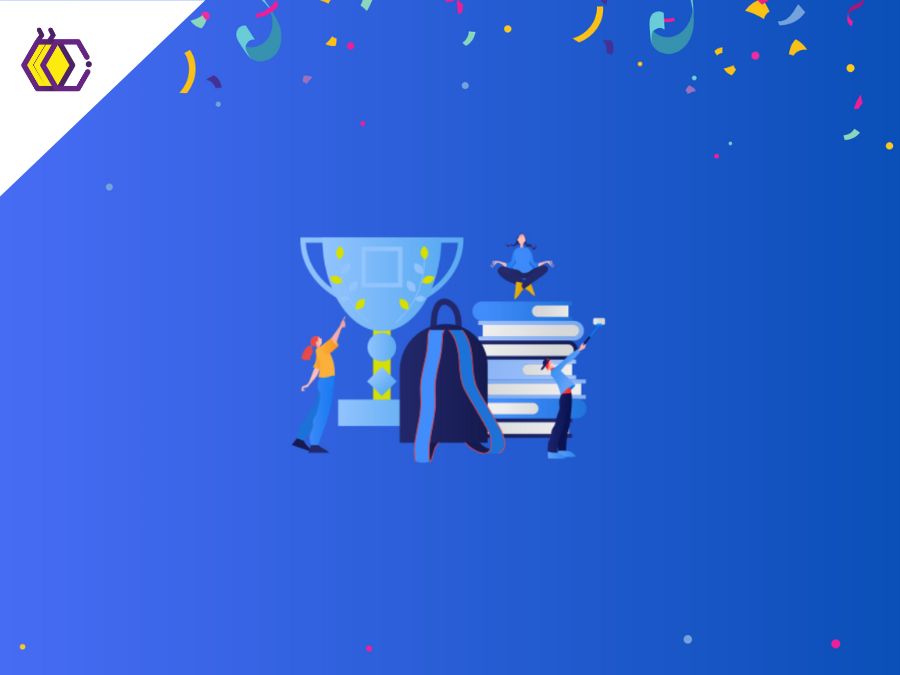
How to Highlight Programming Competition Awards on your CV
(6 minutes of reading)
In a field as dynamic as software development, it is crucial to stand out from the crowd. An exceptional way to do this is through recognition and awards won in competitive programming competitions. In addition to demonstrating your superior technical skills, these awards attest to your ability to solve complex problems, collaborate as a team, and deliver exceptional results under pressure. Today we will talk about the curriculum and competitions, are you interested? Come with us!...
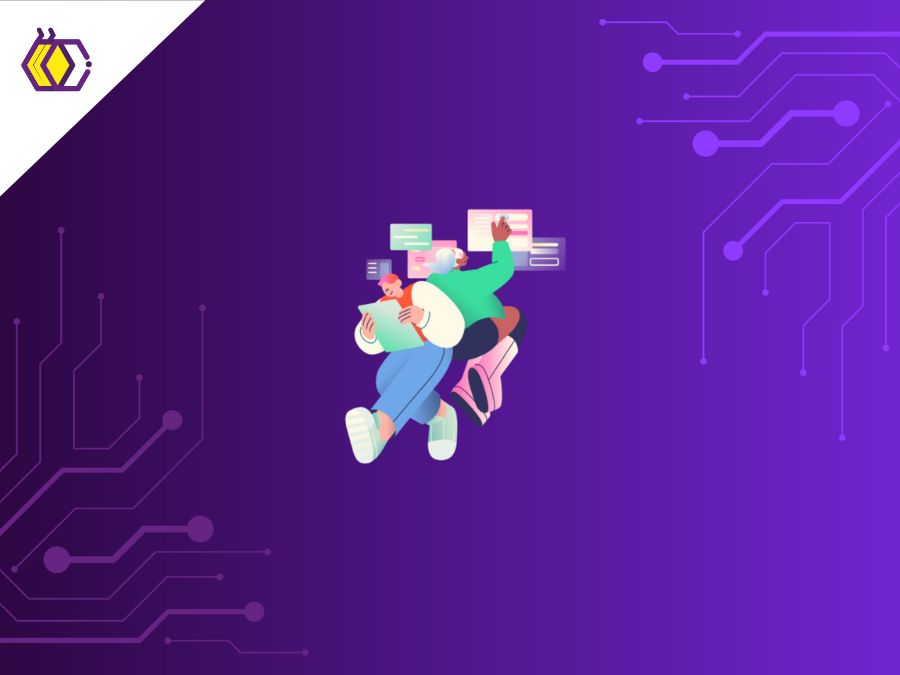
Open Source and Collaboration
(5 minutes of reading)
If you're ready to start exploring the world of open source, be aware that you will encounter many learning opportunities and challenges. Collaboration is at the heart of this environment, driving innovation and influencing the direction of technology. Come read our text to find out more about this subject!...

 Innovation
Innovation 
